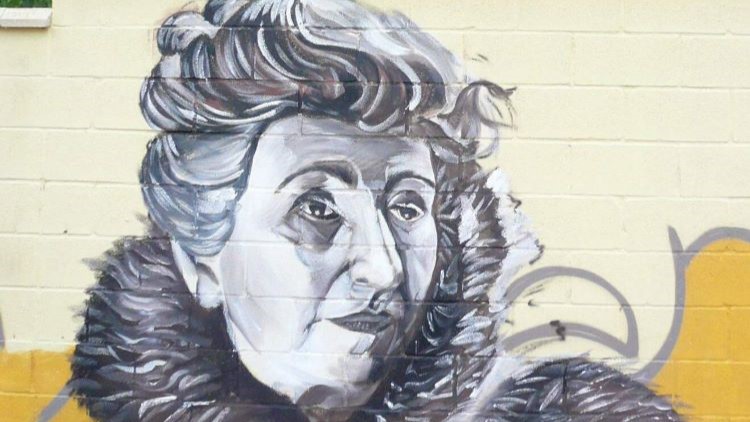Eduardo González
Tomorrow the Instituto Cervantes’ Letter Box will receive the in memoriam legacy of the writer Rosa Chacel, whose death will mark thirty years next July.
At the tribute ceremony, which will take place at the headquarters of the Instituto Cervantes in Madrid, the director of the institution, Luis García Montero, will participate; Jamilia Caetano, daughter-in-law of the author, and Antonio Piedra, director of the Jorge Guillén Foundation.
The legacy will be delivered by Jamilia Caetano on behalf of the author’s family, and will be deposited in box number 971 of the old vault at the Cervantes Institute headquarters. The event can be followed live through the Instituto Cervantes website and its YouTube channel.
Rosa Chacel was born in 1898 in Valladolid, although she moved to Madrid when she was very young. She had a close relationship with the young poets of the Generation of ’27 and she actively participated in gatherings and debates among the intellectuals of the time. She collaborated in the most prominent magazines of those years: Revista de Occidente, Gaceta Literaria and Hora de España.
Her life and her writing were marked by exile, “which led her to be an eternal traveler,” as the Instituto Cervantes recalled in a press release. For political reasons, Rosa Chacel went into exile with her family in 1938, settling first in Rio de Janeiro (Brazil) and, later, in Buenos Aires (Argentina) and other countries. She returned permanently to Spain in 1974 and to Madrid in July 1994.
An outstanding novelist and short story writer, she won, among other awards, the Critics’ Prize in 1976 for Barrio de Maravillas, and the National Prize for Spanish Literature in 1987. Her literary work includes titles such as Chinina Migone (1928), Juego de las dos esquinas (1929), Estación. Ida y vuelta (1930), Memorias de Leticia Valle (1945), Sobre el piélago (1952), La sinrazón (1960), Ofrenda a una virgen loca (1961), Alcancía (1982), Acrópolis (1984) or Ciencias Naturales (1988).







